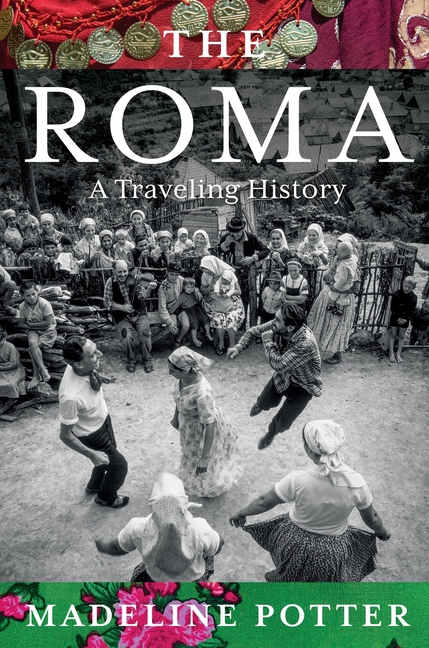The heart of an empath beats behind every page ... A useful overview ... [Potter's] upbringing in a Romani family during a time of upheaval...lends an important authenticity and lived experience to her writing ... [While the] core message remains tremendously valuable and worth emphasizing, it began to feel well-worn by the halfway mark ... Potter uses a broad brush to paint the entire diaspora in uniformly warm, approving sepia tones, rather than bringing out the messy humanity in their individual stories ... Flat, predictable ... Potter’s dedication to oral history is admirable ... I was disappointed by Potter’s decision not to widen her lens or diversify her approach to the topic ... I would recommend her perspective for its authenticity and compassion. I wonder, however, if The Roma could have fulfilled a more unique vision if it had engaged directly in conversation with other thinkers and historians on the topic.
Read Full Review >>

